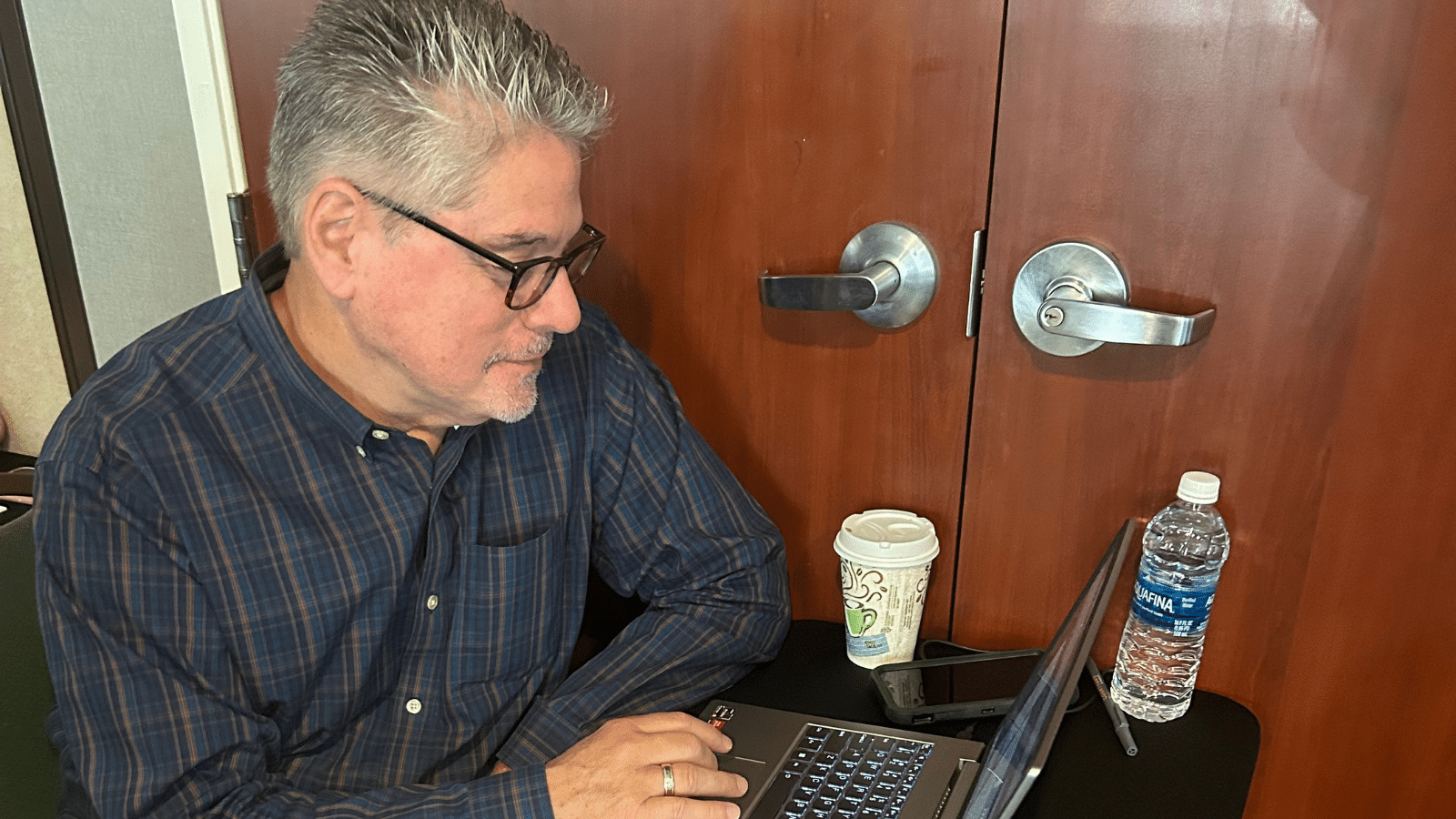Securing funding through grants is a crucial aspect of sustaining and expanding rural healthcare initiatives. However, the grant research process can be overwhelming without a structured approach. Whether you’re new to grant writing or looking to refine your strategy, this guide will walk you through the essentials of effective grant research, from setting goals to identifying funding sources and developing a winning strategy.
Preparing for Grant Research
Before starting your grant applications, it’s important to lay the groundwork for a successful search. Proper preparation ensures that your organization focuses on the most relevant funding opportunities.
Define Your Objectives
Clearly outlining your funding goals is critical. Consider:
- How does this funding align with your organization’s mission?
- What specific outcomes do you aim to achieve?
- Is this funding needed for a specific project, equipment, or operational support?
A well-defined goal, such as “Securing $500,000 in grant funding within the next 12 months to purchase telehealth equipment and train staff,” provides a clear direction for your grant research efforts.
Leverage Networking and Industry Insights
Building relationships within the industry can provide valuable insights into funding opportunities. Engage with:
- Peer organizations and community groups
- Professional associations in rural healthcare
- Grant funders and philanthropic networks
Additionally, staying informed on funding trends through newsletters, webinars, and funding alerts can help you stay ahead of new opportunities.
Developing a Grant Search Strategy and Timeline
A structured timeline and strategic approach will ensure efficiency in your grant search. Break down your grant research process into manageable steps, for example:
- Month 1: Identify and narrow down potential grant opportunities.
- Month 2: Gather necessary documentation (e.g., financials, organizational history, letters of support).
- Month 3: Draft and internally review grant proposals before submission.
This structured approach prevents last-minute scrambling and ensures high-quality submissions.
Allocate Resources Effectively
Many small healthcare organizations lack dedicated grant development staff, meaning responsibilities may fall to finance teams or leadership. Consider outsourcing grant writing assistance if internal capacity is limited.
Collaboration is also key. For example, if applying for funding to address mental health disparities, ensure that your clinical team provides relevant data while the finance team contributes an accurate budget.
Download The RHRC Go/No-Go Template
The Go/No-Go Template is a tool to help you quickly determine whether or not to pursue individual funding opportunities by assessing key considerations and their alignment with your priorities.
Finding the Right Grants
Identifying the best funding opportunities requires knowing where to look and understanding eligibility criteria.
Types of Grants
- Government Grants: Federal, state, and local funding (e.g., HRSA, USDA, NIH, CDC).
- Private Foundations: National, regional, and local community foundations.
- Corporate Grants: Corporate social responsibility (CSR) programs that fund health initiatives.
Utilizing Online Databases
Several platforms provide comprehensive grant listings, including:
- Grants.gov – The primary federal funding database.
- Candid (formerly Foundation Center) – A robust foundation funding directory.
- GrantStation & GrantWatch – Aggregators of various grant opportunities.
- Instrumentl – A tool offering curated grant matches.
Additionally, professional associations, conferences, and Google Alerts tailored to keywords like “rural healthcare funding” can uncover hidden opportunities.
Understanding Grant Requirements
Each grant comes with specific eligibility and application requirements that must be carefully reviewed to avoid wasted effort.
Key Considerations:
- Eligibility Criteria: Some grants are restricted by region, nonprofit status, or organizational type.
- Application Process: Timelines, documentation needs, and submission portals differ by funder.
- Funding Priorities: Ensure the grant aligns with your strategic goals to improve chances of success.
Common Grant Application Pitfalls and How to Avoid Them
Even the most well-prepared organizations can encounter challenges when applying for grants. Avoid these common pitfalls to increase your success rate:
- Lack of Alignment with Funder Priorities: Before applying, ensure the funder’s goals align with your organization’s mission. Carefully read the funding guidelines and past awardee lists to gauge fit.
- Inadequate Data and Documentation: Preparing data and documents ahead of time will significantly streamline the application process. Funders often require detailed data, such as:
- Patient demographics and community impact statistics
- Financial statements and sustainability plans
- Measurable outcomes from past projects
- Missed Deadlines: Deadlines can be strict, and late submissions are rarely accepted. Use project management tools to track due dates and set internal review deadlines well ahead of submission.
- Weak Narrative and Impact Explanation: A compelling narrative strengthens your application. Clearly articulate:
- The problem your project addresses
- How the funding will create measurable impact
- The long-term sustainability of your initiative
Engaging storytelling backed by solid data can set your application apart.
Best Practices for Managing the Grant Process
To stay organized and increase efficiency, consider the following best practices:
Leverage Project Management Tools
Use tools like:
- Excel or Google Sheets – Basic tracking of deadlines and requirements.
- Asana, Airtable, or Microsoft Planner – For collaborative planning and workflow automation.
Centralize Key Documents
Many funders require:
- 501(c)(3) status verification
- Board member lists
- Financial statements
- Program descriptions
Keeping these documents easily accessible will streamline the application process.
Set Alerts for Funding Opportunities
Google Alerts and database notifications help organizations stay updated on new grants without manually searching daily.
Conclusion
Successful grant research requires a strategic, organized approach. By setting clear goals, leveraging the right tools, and staying informed, rural healthcare organizations can enhance their funding efforts and secure vital financial resources.
RHRC offers services to further support organizations in developing strong grant strategies. Contact us at support@rhrco.org to take the next step toward securing funding for your healthcare initiatives.

